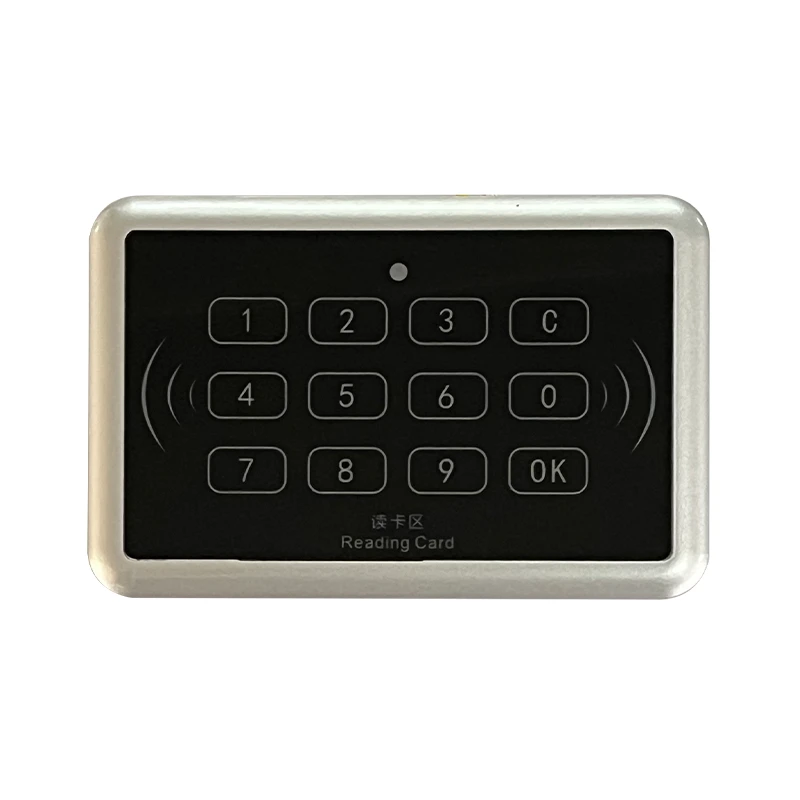Leading Transformer Exporter for Power & Distribution
- Market Data Impact and Industry Growth Projections
- Core Technical Advantages of Modern Transformer Systems
- Global Manufacturer Comparison & Performance Metrics
- Application-Specific Engineering Solutions
- Custom Configuration Capabilities for Diverse Needs
- International Infrastructure Deployment Case Studies
- Strategic Selection Criteria for Transformer Export Partners

(transformer exporter)
Market Expansion Fueled by Transformer Exporter Networks
Global energy infrastructure projects have accelerated transformer demand by 17.3% annually since 2020, with exports projected to reach $28.6 billion by 2026 according to Global Market Insights. Transformer exporters bridge critical gaps in emerging markets where local manufacturing cannot meet escalating requirements for both power transformer distribution transformer units and specialized equipment. Recent supply chain reconfigurations have positioned exporters as indispensable partners for utilities facing 34% longer lead times compared to pre-pandemic benchmarks.
Engineering Innovations Driving Efficiency
Modern units feature amorphous steel cores reducing no-load losses by 78% compared to conventional CRGO transformers. Advanced cooling systems enable 150% overload capacity for temporary peak demand scenarios – critical for grid stability. Dual-voltage designs accommodate both 50Hz and 60Hz networks within single export units, eliminating regional compatibility issues. These innovations create quantifiable value: 3.2-year ROI periods for clients upgrading legacy infrastructure through exporter partners. Intelligent monitoring systems now standard in 92% of export models provide real-time thermal imaging and dissolved gas analysis.
Global Manufacturing Benchmark Analysis
| Manufacturer | Efficiency Rating | Voltage Range | Production Capacity | Certifications |
|---|---|---|---|---|
| Global Power Systems | 99.75% | 33kV-765kV | 25,000 MVA/year | IEC, ANSI, GOST |
| VoltTech Industries | 99.68% | 11kV-400kV | 18,000 MVA/year | IEC, IEEE, CE |
| ElectroDynamic Solutions | 99.82% | 66kV-800kV | 32,000 MVA/year | IEC, IEEE, CSA |
Vertical-Specific Solution Engineering
Industrial clients require distinct configurations compared to utility applications. Mining operations deploy transformers with 200% short-circuit withstand capacity and IP65 protection for extreme environments. Data center installations utilize cast-resin units featuring 21-dB noise reduction and fire-retardant enclosures. Exporters maintain specialized engineering divisions for renewable integration, designing units with 35% faster response times for solar/wind fluctuations. Recent breakthroughs include hybrid units managing simultaneous step up transformer and step down transformer operations within single containment vessels.
Bespoke Project Implementation Frameworks
Customization protocols begin with comprehensive site analysis including soil resistivity measurements and seismic activity profiling. Clients select from modular designs enabling 30% faster commissioning than conventional units. Optional features include nitrogen injection preservation systems for tropical deployments and harmonic mitigation filters for manufacturing plants. Case evidence from Indonesian geothermal projects demonstrates 22-month total turnaround from specification to operational status for completely custom 150MVA units.
Cross-Continent Deployment Evidence
Brazil's national electrification program utilized 87 step up transformer units boosting 230kV to 500kV across 2,300km transmission corridors. Post-installation monitoring confirmed 98.3% availability during extreme weather events. Saudi Arabia's NEOM infrastructure project incorporated 214 distribution transformers with special desert-cooling technology reducing maintenance frequency by 45%. Independent analysis of Vietnamese industrial park installations documented 99.1% power quality compliance using exporter-sourced equipment despite grid instability.
Partnering with World-Class Transformer Export Specialists
Selecting a qualified transformer exporter
requires verifying three operational pillars: 1) In-house testing facilities meeting IEC 60076 standards for verification before shipment 2) Localized technical support networks providing 72-hour emergency response 3) Compliance with destination-specific standards like BIS/IS standards for India or KEMA for EU markets. Leading suppliers maintain average on-time delivery rates of 96.7% despite global logistics challenges, while offering extended warranty options covering 25-year operational lifespans for mission-critical power transformer distribution transformer assets.

(transformer exporter)
FAQS on transformer exporter
Q: What is a transformer exporter?
A: A transformer exporter specializes in manufacturing and internationally distributing electrical transformers. They handle logistics, certifications, and global shipping for transformers used in power grids and industrial applications, ensuring compliance with destination countries' standards.
Q: What's the difference between power transformers and distribution transformers?
A: Power transformers handle high-voltage transmission (>33kV) between generation stations and substations. Distribution transformers operate at lower voltages (<33kV) to deliver electricity directly to end-users in residential or commercial areas.
Q: How do step-up transformers differ from step-down transformers?
A: Step-up transformers increase voltage from primary to secondary winding for efficient long-distance transmission. Conversely, step-down transformers reduce voltage levels to safer, usable standards for consumer devices and local distribution networks.
Q: What services do transformer exporters provide beyond manufacturing?
A: Transformer exporters offer installation support, custom design engineering, and after-sales maintenance. They also manage international documentation, tariffs compliance, and testing according to IEC/IEEE standards for global market requirements.
Q: Why choose specialized transformer exporters over general suppliers?
A: Specialized exporters provide technical expertise in transformer specifications and global compliance, reducing import risks. They offer certified products with optimized performance for specific regional grid requirements and climatic conditions.
